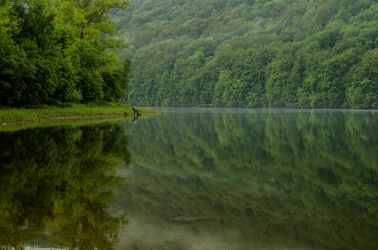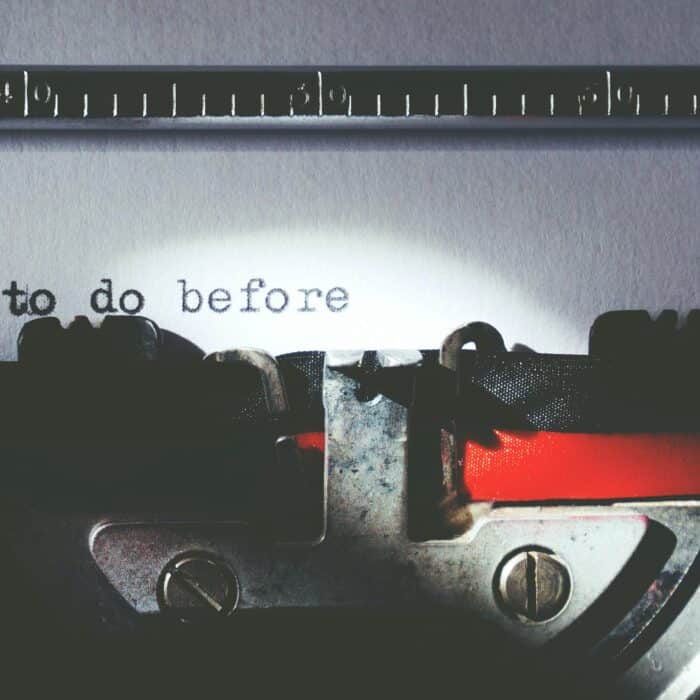Mar 01, 2018
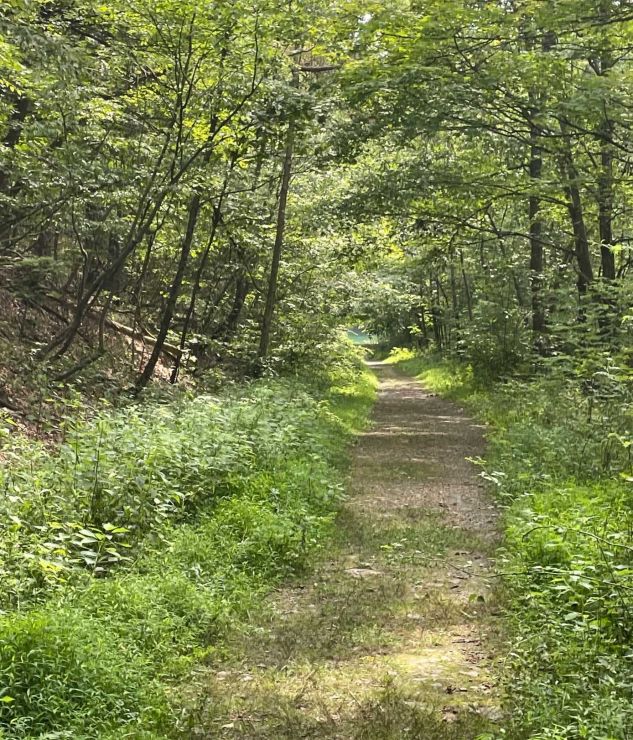
In this personal essay, ASD Public Relations Specialist, Jessica Farren, recounts the paralyzing indecision her family faced when trying to decide what do with her father’s cremated remains.
Sunbeams pierce through the trees on the shaded trail leading to a secluded bank on Raystown Lake. The woods are alive with the sound of locusts and birds singing summer melodies. Up ahead, the calm waters of the lake are just visible. My mom stops abruptly, her every instinct letting her know, there is no need to take another step. This is the place. This is the spot. This is where we lay Dad to rest.
We all search for a private place off the trail. Each of us
holds a quarter of my father’s cremains in a bag. As I move deeper into the
dense forest, the smell of the earth under my feet fills my senses. Beyond the
crunching of leaves under us, there is no sound or sign to indicate the
presence of another human being. I see a patch of wild ferns and meadow grass growing that is illuminated by a fragment of splintered sunlight. Slowly, I flip the bag over
and gently pour the ashes onto the lush undergrowth that blankets the forest
floor.
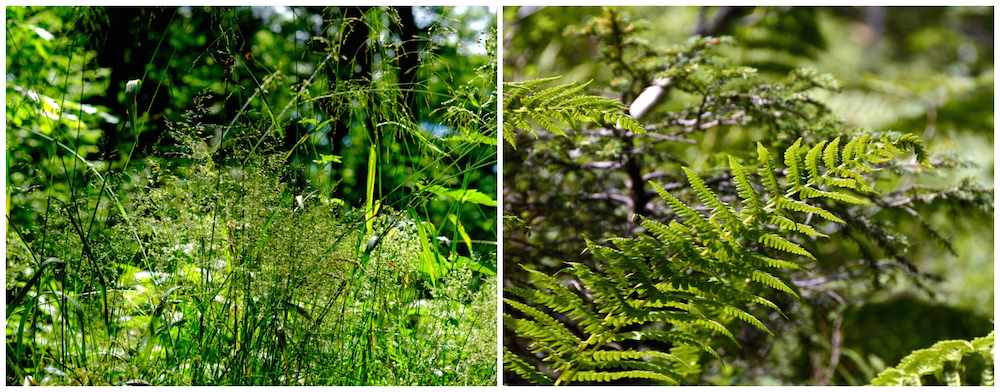
It seems so clear, so smack-us-on-the-face obvious that this
would be the place, and if I had a million years I would not be able to conjure
up a location better suited for my father’s cremains. Yet, it took our family
more than 10 years to finally scatter my dad. Over a decade of failed
conversations, missed opportunities and crippling uncertainty before we could
finally walk down this path.
I am blessed to be in an incredibly loving and honest family
where every person feels entirely free to be who they are. My mom, older
sister, younger brother and I were thrust into dangerous and unknown territory
when my dad wandered down a dark road that led to his eventual drug overdose in
2006. We came out of it different people—more open and honest with our feelings
than we had ever been in the past. No
one in my immediate family is afraid to tell anyone else what they think or how
they feel. In fact, every one of us is a writer of some kind. But for some
reason, when it came to my dad’s ashes, we were all completely inarticulate.
It might be easy to assume that after 10 years, 3,650 days
of being unable to come to a decision that we must have just been apathetic
about it. The presumption might be that
we just didn’t care, that we thought of his cremated remains as just dust and
forgot they existed. But the truth is – we all cared a little too much.
Indecision paralyzed us. We needed different things while we were grieving.
Some of us were tortured by the thought of his cremains sitting in a closet,
while others were tortured by the thought of letting him go at the wrong time
with no way to reclaim the moment.
I was in the former camp. Throughout those years during
which my father’s ashes sat on the floor of my mom’s closet in boxes, I would
often feel unsettled whenever they came to mind. I would brainstorm ways to
bring up that old, unutterable subject that we couldn’t ever seem to resolve as
a family. I was always the one trying to get it settled. For me, the ashes
being left in boxes felt like a scar that wouldn’t heal, but I never stopped to
think about how the very idea of opening those boxes might also open up new
wounds in my family.
I recently read an article from the New York Times entitled,
“What Do Our Ashes Mean To Us?” In it, the writer talks about being in
possession of her sister in law’s cremains for many years and trying to get different
family members on board with having them interred.
“I’d succeeded in trying the patience of
virtually all of my loved ones with this campaign,”
she states. At the end of
the article, the author describes the conflicting feelings she was experiencing,
“There had been long stretches of time since the ashes came to me when I hadn’t
given them any thought at all, when they just sat there on the shelf… But as I
walked away from the post office last week, the pang of her loss hit me afresh,
as if some part of her had been with me all this time and now, once more, was
lost.”
The statement really struck me because it was the first time
I had read someone describe the feeling of releasing ashes after a long period
of them being unceremoniously shelved. I don’t think that this is a very common
experience, based upon some of the comments I saw posted under the article.
There was a lot of judgment directed at those who do not immediately scatter,
bury or inurn cremated remains. Words like ‘disrespectful’, ‘ lazy’, and ‘apathetic’
were thrown around quite a bit.
After reading this, I felt a very strong drive to defend
families like mine who for reasons too complex to explain can’t decide how they
should handle a loved one’s ashes. While some families may find it easier to
immediately lay their loved one to rest, others struggle to close that door
indefinitely. I don’t think anyone intentionally chooses to keep a relative’s
cremains stored in boxes for years. It’s important for people to understand how
many complicated emotions get involved when it comes to these decisions.
While my dad was alive, our family rarely discussed death.
There was never an occasion when we needed to attend a funeral as a family. Even
after my sister and I began working at ASD (I started at 17) and handling death
calls, the idea still seemed so far removed to me. I was lucky to go the first
19 years of my life without ever losing a person I loved. But when my dad died,
I did not have any experience to draw from. I didn’t know if anything I was
feeling was normal and the fact that our relationship was estranged when he
died only compounded my grief. I’ve written before in the past about the
alienating pain of an overdose death, and how it can affect family members
differently. There is no doubt that the circumstances of my dad’s death significantly
contributed to the hesitation we all felt when it came to scattering his ashes.
My parents had very few conversations about their funeral
wishes with one another, beyond the things the other
didn’t want. No embalming. No casket. No gravesite to maintain. My
parents had both had some negative funeral occurrences when they were younger.
A particularly bad viewing experience made them both feel strongly that they
didn’t ever want to be embalmed, and they both resented the idea of visiting a
grave.
“I don’t feel like I need to go to a cemetery in order to talk to my
grandparents,”
my mom would often say. “I never get a good feeling from going
to those places.”
It was these emotions and opinions that made cremation the
obvious choice for my dad, but none of us really had any clue what my dad would
have wanted done with his ashes. I didn’t have any strong opinions about
anything one way or another and was more than willing to defer to what everyone
else wanted. The problem with that mindset, however, is that when everyone else
wants to “leave it up to everyone else” there is no way to move forward. Year
after year, we vacillated in a state of uncertainty, immobilized by our
ambivalence.

When the conversation did arise, you could feel the air
change in the room. In the beginning, we decided after the briefest of
conversations that we would bury his cremains beneath a tree that was planted
in his memory. However, it was only later we learned that when someone plants a
memory tree, the family often is not told where it is located. Once we learned
that our tentatively laid out plan wouldn’t be possible, everyone felt a little
lost as to what the best thing to do was. Ideas were seldom brought up, and
when they were they were quickly dismissed.
It was during this time period that I got promoted to work
in ASD’s Sales and Marketing department, giving me a chance to attend funeral
home conventions. One of my first conventions was the Cremation Association of
North America back in 2013. I saw dozens of different ways to display,
transform, scatter or bury cremains. I remember sitting in that room while a
speaker explained the importance of every person on earth having a permanent
memorial, even those who are cremated.
I can vividly recall sitting there listening to the speaker
and feeling a sense of shame over the fact that my father’s ashes were still
sitting in my mom’s closet. It was like a great, intolerable burden on my back
that was always there but I couldn’t feel the full weight of before. I came
back on a mission and started to tell my family about cremation jewelry,
columbarium niches and glass blown cremation statues. I can still remember the
palpable silence I was met with. Then, my mom gently pointed out a major flaw
in my newly adopted point of view.
“Dad wouldn’t have wanted all of that,” she finally said.
“He believed the only monument he’d need is up in heaven. I really think he
would have wanted to be scattered outside in nature. I still think we should go
to Raystown.”
At the time I felt defeated because I didn’t think it was
ever going to happen. Between all of these different discussions, which were
usually separated by months if not years, the one idea we all kept coming back
to was Raystown Lake in central PA. When we were children, our grandparents
owned a hunting cabin there that we would visit every year. After the house was
sold, we went up several times to rent a houseboat and lived for a week on the
massive 8,000+ acre freshwater lake surrounded by the Allegheny Mountains.
Photo of Raystown Lake taken from Hawn’s Outlook
None of us could say with absolutely
certainty that it was dad’s “favorite place” but all of our favorite memories
of him were there. But despite being in agreement of this fact, no one could
seem to agree when we should go. We would all avert eye contact, talk about
occasions when we might be able to take off work that year, and then inevitably
conclude that this wasn’t the time.
Not
this summer. Not this trip. Not yet.
In our avoidance of the subject, we inadvertently deprived
ourselves of an opportunity to go back to place that would bring each of us
tremendous peace. Over time, the idea of returning to Raystown as a family
began to feel more and more out of reach. There was always going to be a reason
not to go. So many years passed that it became like a surreal painting in my
memory, a distant vision of a place that might have never existed. Our photos
of it predated digital cameras, so even the tangible evidence I had of it was
blurry. I would talk about the Raystown Lake region to people as if it were
Fantasia or Narnia when in reality it was a mere 200 miles up the PA Turnpike.
About six years after my father’s death, I met and fell in
love with a man who I am now lucky enough to call my husband. His love for the
outdoors inspired me to get out in to nature. As a child, I loved playing in
the woods and swimming, which is probably the reason I loved Raystown Lake so
much growing up. As an adult going to school in the city, I had lost that
connection to the natural world for a lot of years and meeting Sean brought me
back to it. We would go on long day
hikes and camping trips, exploring every trail and natural feature in
Pennsylvania. We hiked much of the PA portion of the Appalachian Trial, visited
Lehigh Gorge (dubbed the “Grand Canyon of PA”), watched birds of prey from Hawk
Mountain, swam under waterfalls in Ricketts Glen and explored many other
beautiful places within the state. But I could never bring myself to go back to
Raystown Lake without my family, and my family wasn’t ready.
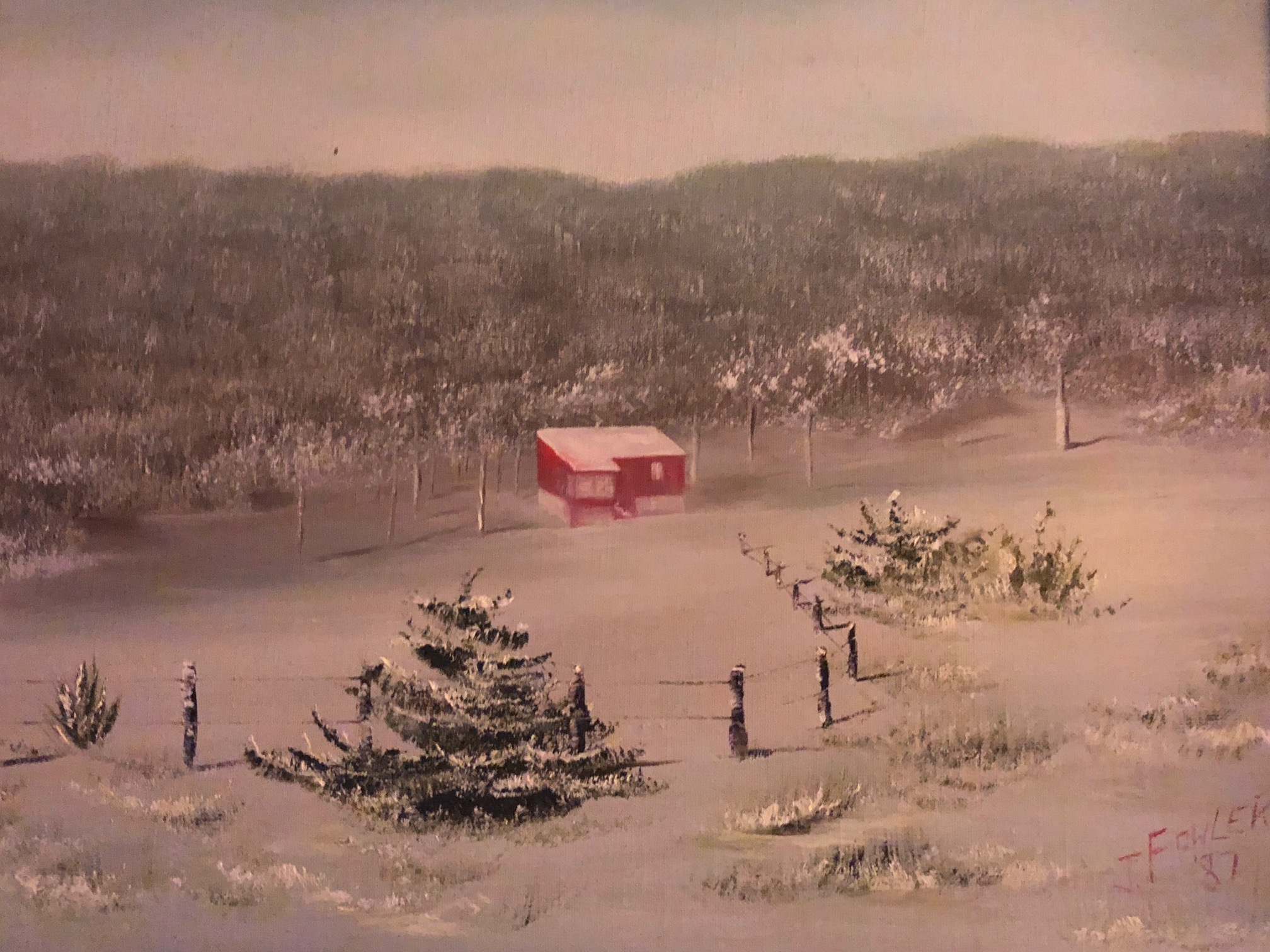
A painting by my grandmother of the cabin our family used to have near Lake Raystown
Raystown Lake is special to my family for many reasons. On
the wall of my apartment hangs a painting my paternal grandmother painted of
the cabin in the woods our family once owned. She passed away a few years after
my dad and now thinking of Raystown will often remind me of them both.
I look at the painting every day and picture her cooking us sausage gravy for breakfast within its walls. The houseboat trips we took in the years
after the cabin was sold are crystalized in my memory. They were the last trips
we took together as a family before my dad’s last relapse. I will still smile
thinking about us deciding what cove to tie up in at night or my dad teaching
me to play poker for the first time from the houseboat table. At night, we
would climb up to the top of the boat to look up at the stars.
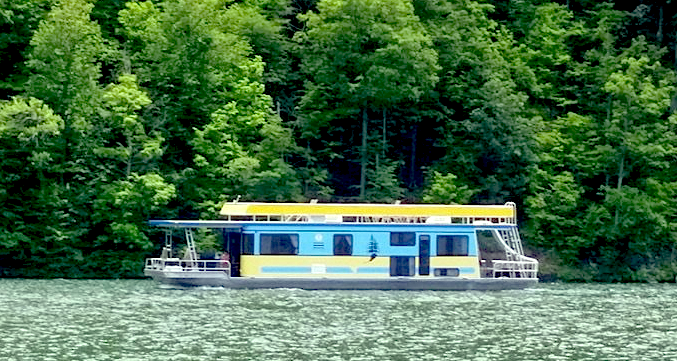
A houseboat floating on Raystown Lake
Even if you had absolutely no connection to the region, you
would find yourself in awe of Raystown Lake. The Army Corps of Engineers
created Raystown Lake back in the 1970s for flood control and since they own
much of the surrounding land, it remains undeveloped. Trees blanket the shores
of the enormous lake right down to the shoreline, making it feel like an
undiscovered paradise. It’s a very quiet area, not a party town by any means,
as the tourism industry never really caught on, so it truly feels like a sacred
place. There are so many hidden coves, trails and fishing spots…you could truly
spend a lifetime exploring the lake.
It wasn’t until 2016, the year of my 30th
birthday, that I finally got my wish to go back. When my sister had turned 30 three years
earlier we threw her a big surprise party and my family wanted to do something
special for mine. Knowing how introverted I was and how much I detested being
the center of attention, they approached me with an alternate idea.
“We were thinking that instead of a party, we could rent a
house in the mountains. We weren’t sure if you’d want to go to the Poconos, or
maybe to Raystown Lake.
Immediately, I seized upon this opportunity and said
“Raystown” without any hesitation. As much as I loved the Poconos Mountains, I
knew every inch of them, and I knew that going back to Raystown would be like reuniting
with an old friend from my youth.
“We were thinking…if you wanted to do Raystown, maybe we
should scatter dad since we don’t know when we’ll all be up there again. But we
don’t want to do it if you think it might ruin your birthday.
In retrospect, I laugh a little when I remember being asked
this question because my family going up to Raystown with me to finally scatter
our dad’s ashes was the greatest birthday gift of my life. Truly. I am so
thankful to them for making it possible. I could not have been more grateful to
be starting a new chapter of my life with my family at my side and all of us
supporting one another in our shared grief. I cannot fully express into words
the relief I felt knowing that we had picked the exact right place, and the
exact right time, to give my father his final resting place and to give
ourselves permission to be at peace.
That’s not to say it wasn’t extremely difficult. Even after
so many years, those ashes still had the same meaning to all of us. They were
the last physical evidence of him left on earth and, up until that point, we
had sole possession of them. Watching the wind take them from our custody was
both a comforting and gut-wrenching moment for us all.
We all grieve differently and on different timelines. What
helps one person find peace might cause another person to be thrown into
emotional chaos. In retrospect, I do wish I had been less forceful, less
insistent and more patient with my family. 10 years may be a long time, but
when it comes to grief, it’s just a speck.
In this profession, there are a lot of differing opinions
centered on the “right” way to honor someone’s memory, but the fact is there is
no one right way. When it comes to cremation and what to do with the cremated
remains, I really believe that all judgments should be left at the door. I am
grateful now that we didn’t make a rushed decision we would have regretted just
to conform to what most people do. I wouldn’t have wanted anything to be
different. I wouldn’t have wanted a younger, less prepared version of myself to
be faced with that moment. The fact that I can now sit here and write about that
day, that I can remember so many details about where we were and how I felt, is
such a comfort to me. I can close my eyes and find myself back on that
beautiful, peaceful trail anytime I want to visit my dad.
It took my family 10 years to scatter my father’s
ashes. I no longer feel any shame when I
share this with people now. The fact that we debated and agonized for so long just
demonstrates that we cared immensely about making the right choice to honor my
dad.
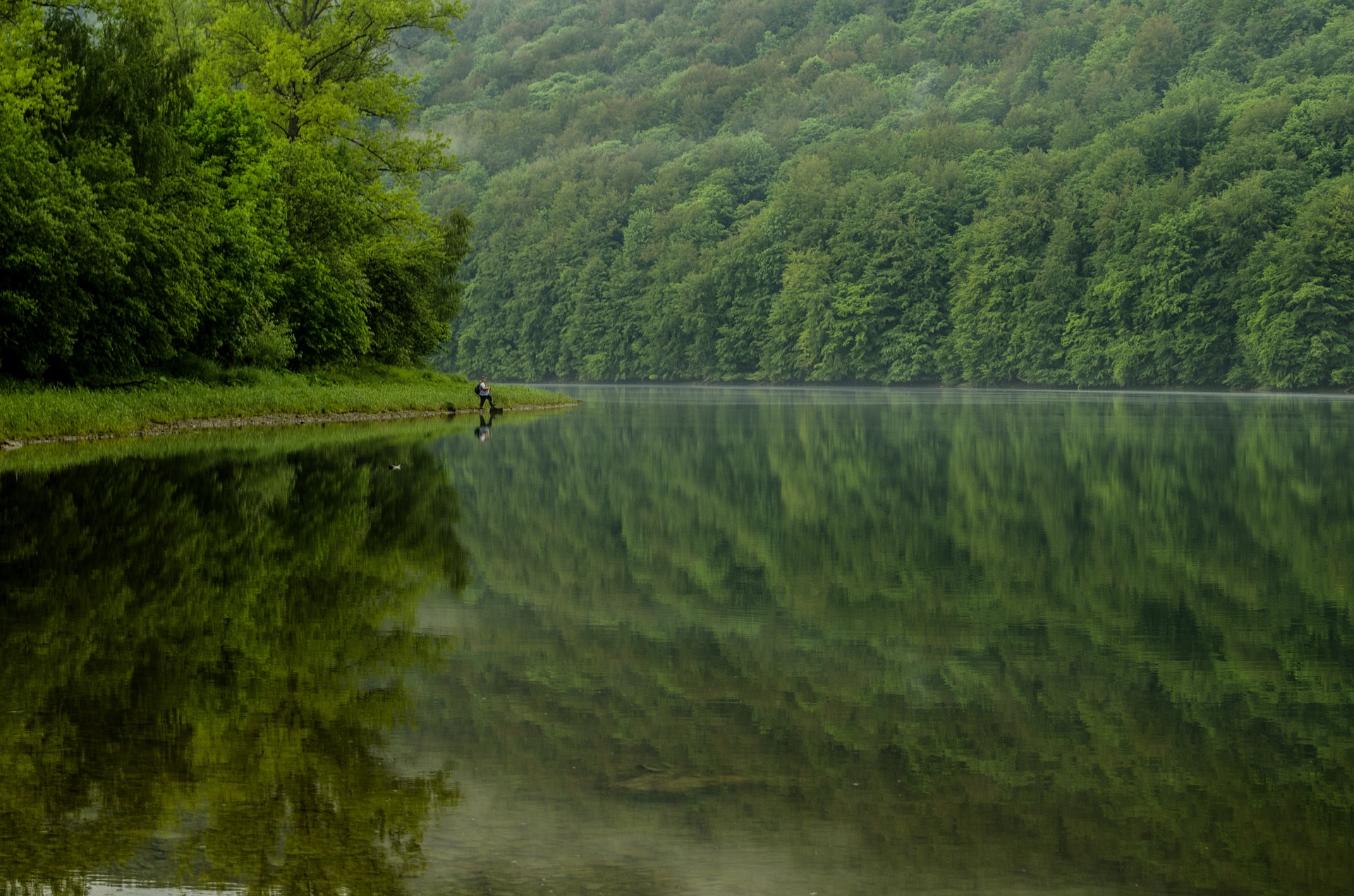
About The Author
Jess Farren (Fowler)
Jess Farren (Fowler) is a Public Relations Specialist and Staff Writer who has been a part of the ASD team since 2003. Jess manages ASD’s company blog and has been published in several funeral trade magazines. She has written articles on a variety of subjects including communication, business planning, technology, marketing and funeral trends. You can contact Jess directly at Jess@myASD.com
